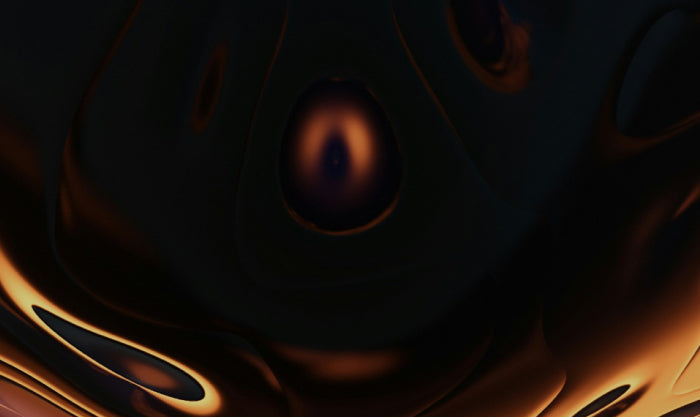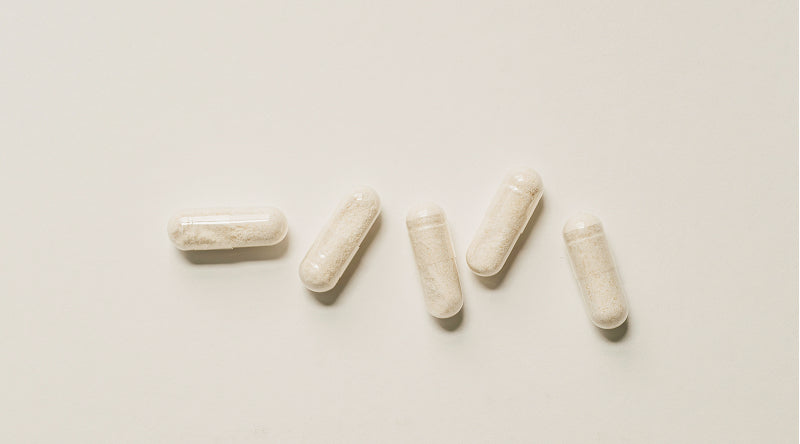If you feel very tired, short of breath and pale during your heavy period, be careful, you may be suffering from an iron deficiency.
The crucial role of iron
Iron helps form hemoglobin. This protein in red blood cells carries oxygen. During menstruation, some women lose a lot of blood, and therefore iron. You may then develop iron deficiency anemia. This often results in increased fatigue, shortness of breath, and paleness.
How to know if you are anemic
A blood test can determine this. Here are four points to check:
- Saturation coefficient
- Ferritin
- Transferrin
- Iron
If this blood test shows a deficiency, supplementation is possible, with the agreement of your healthcare professional.
Combating deficiency through diet
Before considering supplements, try to fill the deficiency through diet. Increase your iron intake during your period. Consume foods such as:
- Red meats (beef, lamb, calf's liver)
- Green leafy vegetables (spinach, kale, broccoli)
- Legumes (lentils, chickpeas, black beans)
- Iron-fortified cereals (oatmeal, fortified breakfast cereals, wheat bran)
Supervised supplementation
If anemia persists, consider supplementation. But first, talk to a healthcare professional.
Choose a supplement such as iron bisglycinate or lactoferrin.
Vitamin C, for example, can also improve iron absorption.
Be careful, some ingredients like calcium can interfere with iron absorption. Take your supplement at a time different from your calcium-rich meals.
When to consult a healthcare professional
If your period is particularly heavy, with clots, and you feel exhausted, consult a healthcare professional. Heavy periods can be a symptom of various conditions such as endometriosis, adenomyosis, or fibroids. If you have a copper IUD, this may also be related.








